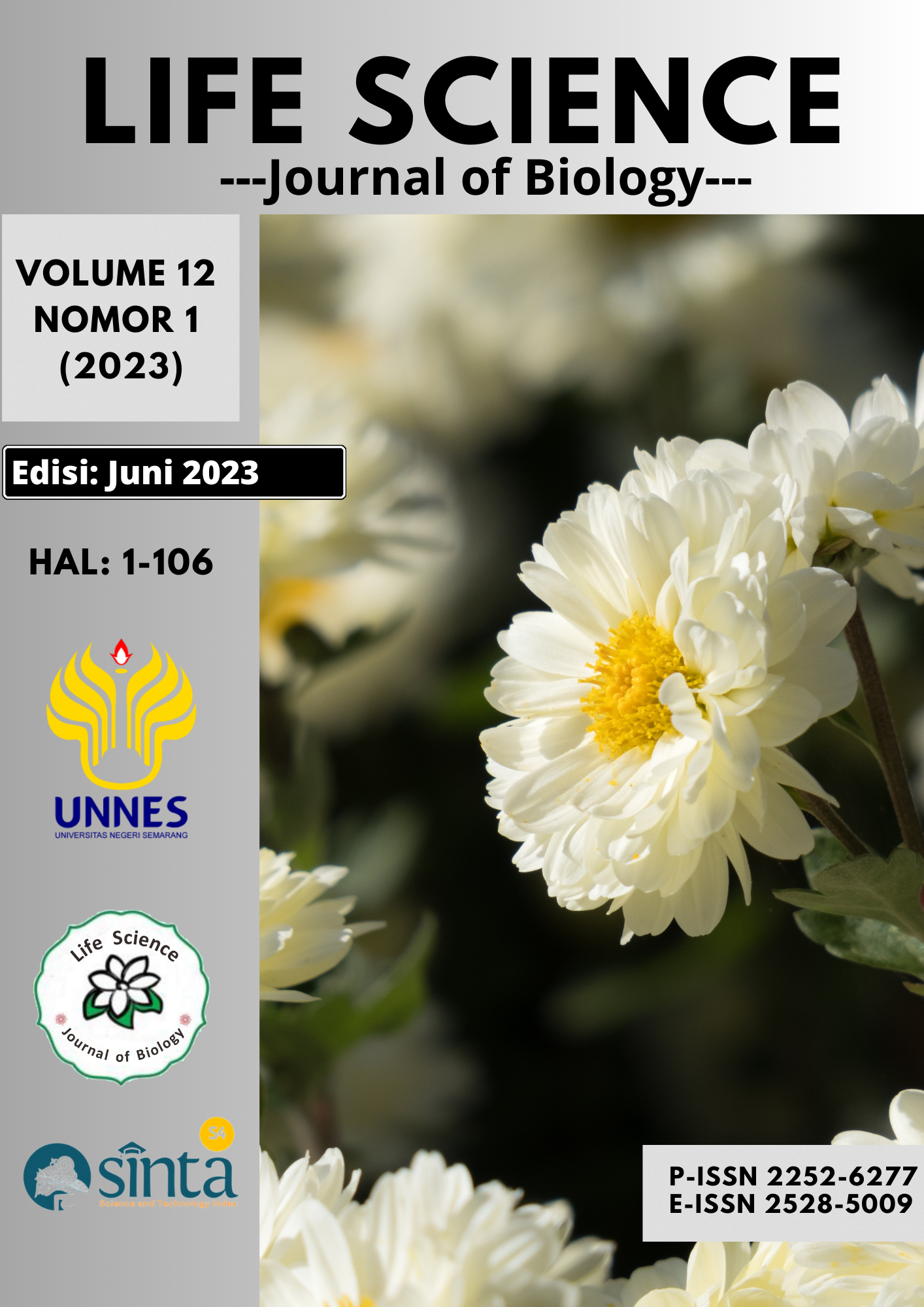Efektivitas Jenis dan Frekuensi Pemberian Sampah Organik terhadap Pertumbuhan dan Kualitas Biokonservasi Maggot BSF (Hermetia illucens).
Main Article Content
Abstract
Organic waste is the type of waste that has the largest amount in Indonesia. If not managed properly, the organic waste can cause various kinds problem. One of the technologies to overcome this is by means composting using Black Soldier Fly (BSF) larvae. BSF larvae (maggot) has a better decomposition ability compared to organisms as well as other microorganisms. The aims of this research is to determine the most effective substarte that can affect the growth of black soldier larvae and the speed of bioconversion. This research is a quantitative descriptive study with an expreslanatory design. The study uses two variables (independent and dependent). Independent variables in this study are feeding frequency and type of organic waste as substrate. The dependent variables in this study are the speed ofbioconversion and the growth of black soldier larvae. The instruments used in this study are experiment research. The primary Data was obtained from 8 different composition and kind of organic waste. The analysis used is univariate analysis of variance using the SPSS 25.0 application. Results showed that restaurant waste is the most effective waste for reduction by black soldier fly larvae because it produces larvae with the best growth and the highest bioconversion rate among other waste.


